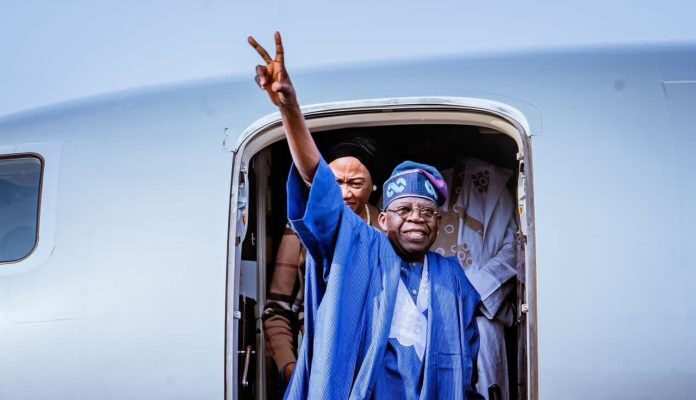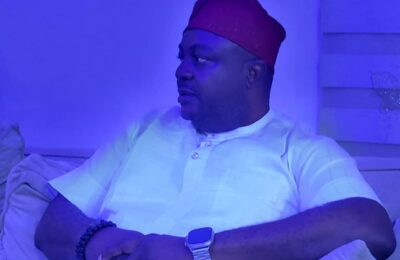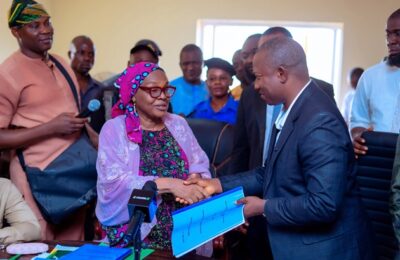By Musa Bakare
Long before President Bola Ahmed Tinubu assumed the mantle of leadership, Nigeria’s political terrain was marred by instability, endemic corruption, and persistent social unrest. These challenges not only led to economic decline but also fragmented the national identity. Now in just two years of his administration, a crucial question confronts every Nigerian: Has President Tinubu charted a new course toward unity, development, and sustainable progress?
Upon taking office in May 2023, President Tinubu inherited a struggling economy, heavily reliant on crude oil exports and vulnerable to global market fluctuations. With inflation soaring and unemployment rates climbing, decisive action was imperative.
The Tinubu administration responded with urgency, launching reforms aimed at economic diversification, extensive infrastructure development, and youth employment. Investments in sectors such as agriculture, mining, technology, and small and medium scale enterprises signal the administration’s commitment to building a resilient economic foundation for the future.
These efforts are already showing signs of positive impact; however, their long-term success will not only define the Tinubu presidency but also determine Nigeria’s socio-economic trajectory.
Nigeria’s greatest strength lies in its diversity, yet this very diversity has often been weaponized to sow discord. Ethnic and religious tensions have consistently hindered national cohesion. In response, President Tinubu’s leadership has placed an emphasis on inclusivity, equity, and national dialogue.
Through deliberate efforts to reflect federal character in appointments, promote inter regional dialogue, and implement policies that benefit all Nigerians irrespective of their backgrounds, his administration is laying the groundwork for genuine national integration.
Insecurity remains a critical issue facing Nigeria today. From Boko Haram insurgents in the northeast to banditry in the northwest and communal clashes in the Middle Belt, the threats are vast and complex.
President Tinubu has responded decisively by strengthening intelligence networks, increasing funding and logistical support for the armed forces, and engaging communities in local security initiatives. His administration’s balanced approach—comprising force, engagement, and social intervention—is designed to restore peace and rebuild confidence among the populace.
With over 60% of the population under the age of 25, Nigeria stands at a demographic crossroads. This vast youth population represents either an engine for national renewal or a source of unrest, depending on how it’s managed.
Youth empowerment has been prioritized by the Tinubu administration. Through programs that support skills acquisition, entrepreneurship initiatives, technological innovation, and improved access to finance, the government aims to equip young Nigerians to become creators of opportunities rather than mere seekers of handouts.
As Nigeria navigates through this critical phase, President Tinubu’s administration finds itself at a pivotal intersection where today’s choices will echo through generations. The burden of expectations is significant, but so too is the promise of renewed hope for the nation.
Millions of Nigerians, satisfied with the reforms and the visible commitment of his administration, are gearing up to renew his mandate in 2027. They perceive Tinubu not merely as a political leader but as a transformational figure capable of steering Nigeria toward its long envisioned greatness.
President Bola Ahmed Tinubu stands at Nigeria’s defining moment, a junction of extraordinary challenges and unprecedented opportunities. The steps he takes between now and 2031 will indelibly etch his name in the annals of Nigerian history.
This is a time for bold leadership, visionary governance, and unwavering dedication to the people. In President Tinubu, many believe Nigeria has found such a leader.
– Musa Asiru Bakare, a foundation member of All Progressives Congress (APC), Member Tinubu Support Group (TSG), a Political Analyst, writes from Lokoja, Kogi State.




